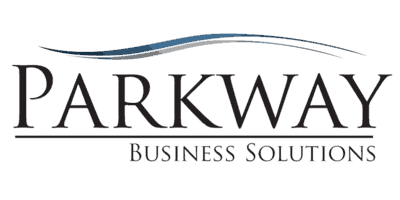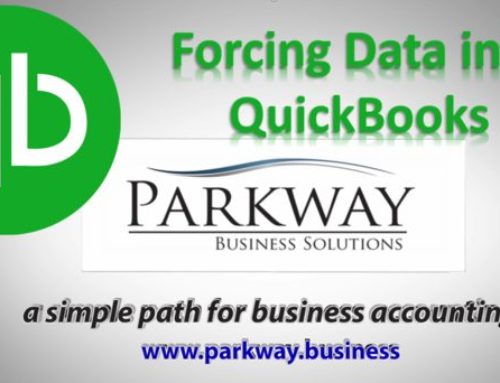Matthew with Parkway shows How to use QuickBooks Desktop with Ledgersync and the best practices for importing your banking data. By utilizing Ledgersync.com services, Parkway was able to reduce their monthly processing times by 25%. Ledgersync provides financial data for all versions of QuickBooks and QuickBooks Online.
Bookmark Notes:
Downloading QBO Files 1:15
Check Memo Line Tip 1:50
Why to Import QBO File through the Bank Center 2:20
Two methods to Import your file 2:45
Advantage of Rules 4:00
Conclusion 4:30
How to use QuickBooks Desktop with Ledgersync
Video Transcription
[00:18]
Hey guys Matthew with Parkway Business Solutions here with another Ledgersync video, wanted to make a video specific about QuickBooks desktop and the right way and the wrong way to import information especially for first time users of the software. QuickBooks desktop is pretty particular about what type of files will be able to go in and how they need to go in, benefactors’ even distinctions between the QuickBooks for Canada, QuickBooks for United States and for the other additions that are out there. So if you’re trying out Ledgersync and you’re running it issues where you just can’t get your QBO file to import we’re going to go through a couple of those.
[01:00]
Let’s start off by going to Ledgersync’s the website and we’ll go through the process that it would take to download your QBO file. With desktop it’s very important they do take QBO files, they do not take OFX files; that being the file extension at the end. Here’s the little secret. Most of the time if you have an OFX just go in, hit the rename, change the extension from OFX to QBO and it will work just fine as long as the file itself is OK, but fortunately with Ledgersync you have the option to export in quite a few different formats whether it’s going to excel, your QuickBooks would be your QBO, OFX, your CSV and your IAF. The one we’re going to stick to primarily is going to be the QBO for QuickBooks. So assume you’ve come in and you’ve taken advantage of the ability to go in and modify the descriptions especially for your checks, that can be a very powerful tool because it gives you a way to get information into the system on those checks, that if you do it right you won’t have to do extra data entry later on.
[02:11]
So come up here, I’m just going to go to export to QuickBooks and as it cycles up it’ll get ready to download it. There’s a very important distinction that I like to suggest to everybody. I know that the habit for many is to just say hey I’m going to click OK and open this but you really don’t want to do that. The reason being unless you are positive you have the right file and you only have one bank account there’s always the potential you’re going to try to import that file into the wrong account. Save the file, go into QuickBooks desktop instead and do the import the appropriate way. So from here we’re back in the desktop and there’s two different methods to get to the same exact place. Some people like to go up to the File menu and they’ll go into their utilities and then they’ll go over to import and then they’ll do web connect files, that is absolutely hundred percent correct.
[03:10]
Another option that you do, I find it easier, go to banking, bank feeds and then to import the web connect a file. Here you’ll choose the appropriate file that you just downloaded for that account; we’ll grab that really quick. Click open, and it’s going to give us the option. We’ve got two choices, we can either use an existing QuickBooks account by selecting the top choice and using the dropdown or you can create a new QuickBooks account if you need to as well. So I’ve selected right account, click continue, and we get our message that your Web Connect has completed successfully. I’m going to click OK and now we’re able to see all the transactions, it shows that we had forty-nine transactions that were pulled in, I’m going to click on transaction list and you have a full listing of all the different items that were pulled. The nice thing about doing it this way is if you have already created rules taking advantage of the back feed center, you can see the bottom ones here.
[04:08]
Those are items that we’ve already created memorized transactions for the rules for, so the manual entry is immediately produced. Spend a little time putting that in; you can really take advantage of it. And again because of Ledgersync the ability that you can stipulate what goes into the memo. If you take advantage of that you can really diminish the amount of time it’s going to take you to do a large amount data entry.
[03:32]
If you’ve got additional questions or looking for some advice, feel free to leave a comment below or reach out to us directly And as always, here’s wishing you a very successful week.



